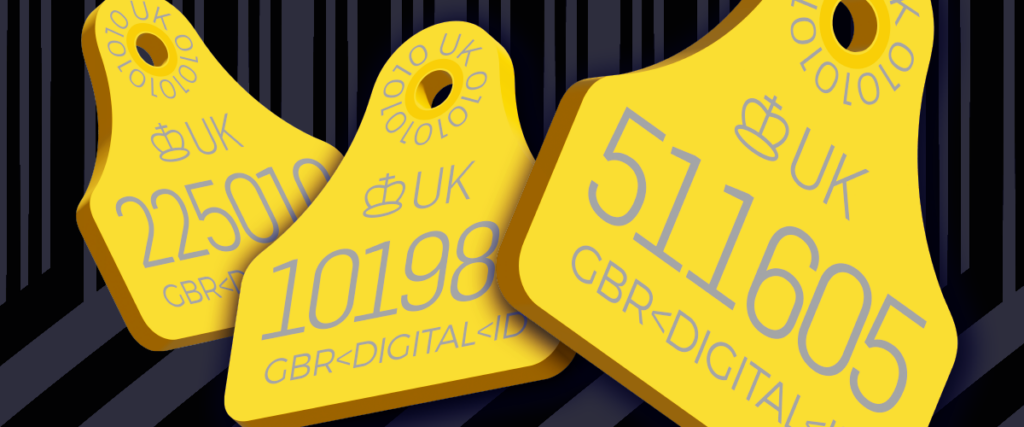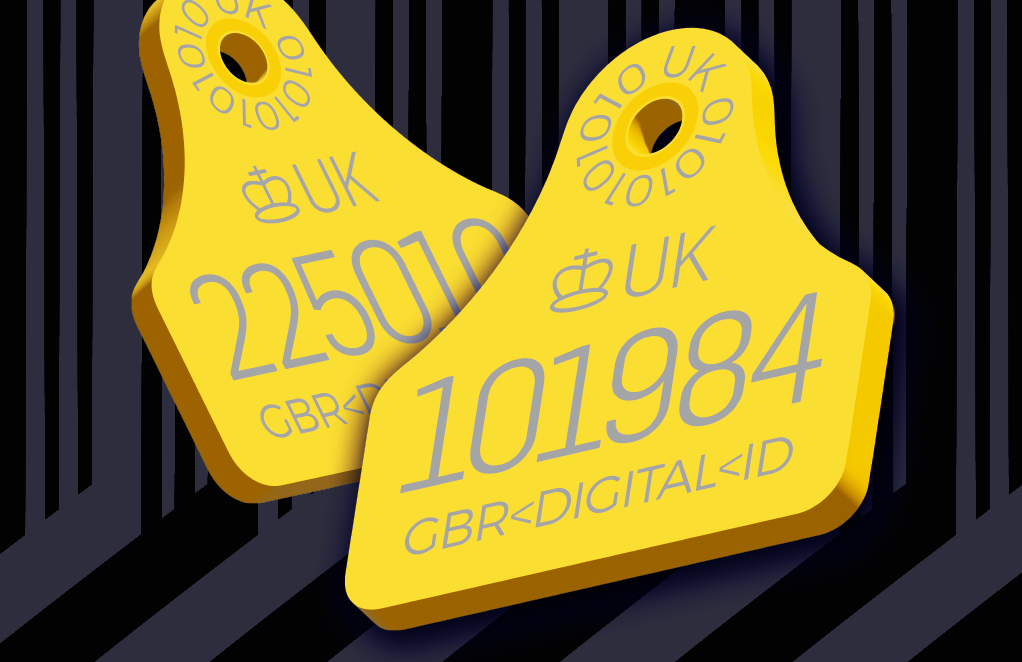
ID Cards: UK Risks Sleepwalking into a Pre-Crime State
Open Rights Group has warned that the UK risks creating a pre-crime state by introducing mandatory ID cards for everyone who works in the UK.
Building blocks of digital surveillance
Jim Killock, Executive Director of Open Rights Group said:
“A costly and and divisive digital ID card scheme was not on Labour’s manifesto, and it’s the last thing this government should be embarking on during a cost of living crisis.
“The digital visa schemes that are already in place for migrants are a stark warning of the harms that are caused by data errors, systems failures and an indifferent, hostile Home Office. People have been unable to travel, lost job offers, and even been made homeless because of existing digital ID schemes.
“Labour are at risk of creating a digital surveillance infrastructure that will change everyone’s daily lives and establish a pre-crime state where we constantly have to prove who we are as we go about our daily lives.”
ORG has also criticised the government for misleading people when saying that Digital ID cards will deter people from coming to the UK in small boats. Right to work checks have existed in the UK for years and have not been a deterrent.
Learnings from the rollout of eVisas
Rather than embarking on another costly digital ID card scheme, ORG has called on the government to learn from the flawed digital eVisa scheme that was rolled out by the Home Office this year.
The eVisa scheme has highlighted many of the risks and harms that digital IDs can bring:
Digital ID cards that check someone’s identity against a database in ‘real-time’ are vulnerable to Internet outages and failures in Home Office systems. In these circumstances, digital IDs may not work with potentially huge consequences for those affected. People in the UK have been detained at borders, lost job and mortgage offers, and even been made homeless as a result of errors within the evisa system. ORG has called for the government to provide migrants with a physical alternative to prevent such errors.
People will face a bureaucratic nightmare when trying to correct the data that the Home Office holds about them.
Digital ID cards can contribute to coercive behaviour and domestic violence. For example, abusers will be able to prevent someone from getting a job by denying them access to their digital ID.
Many people have accessibilty issues that prevent them from using a digital ID card. The scheme will further marginalise working older people, disabled people and those who are vulnerable.
Older people, disabled people and vulnerable people are harmed by digital ID.

